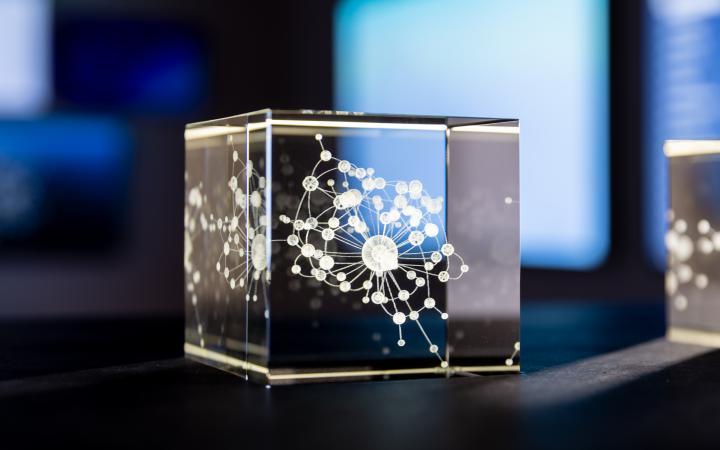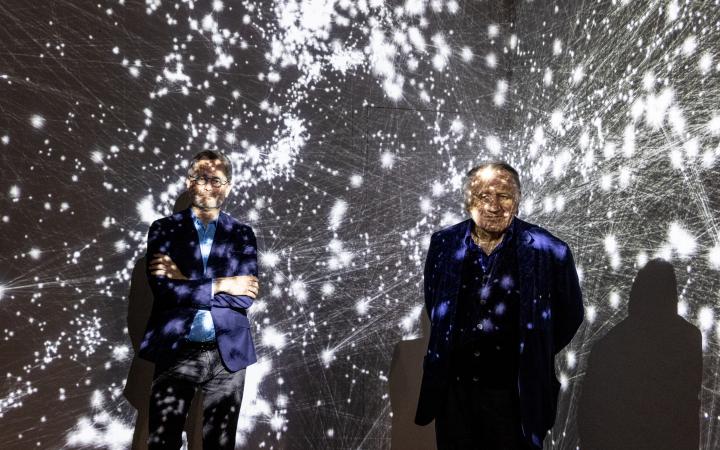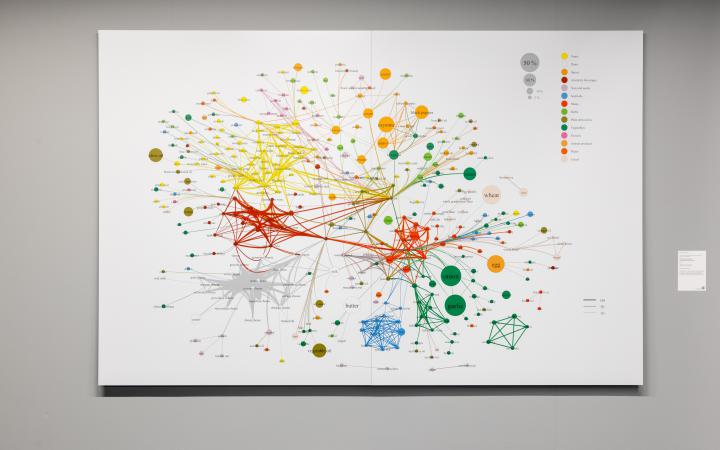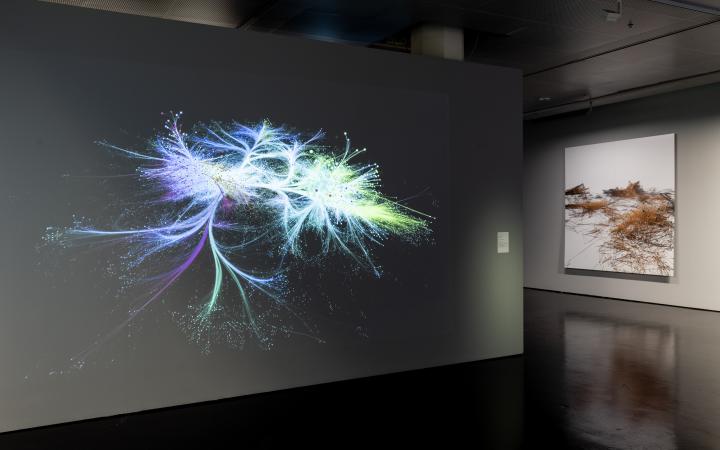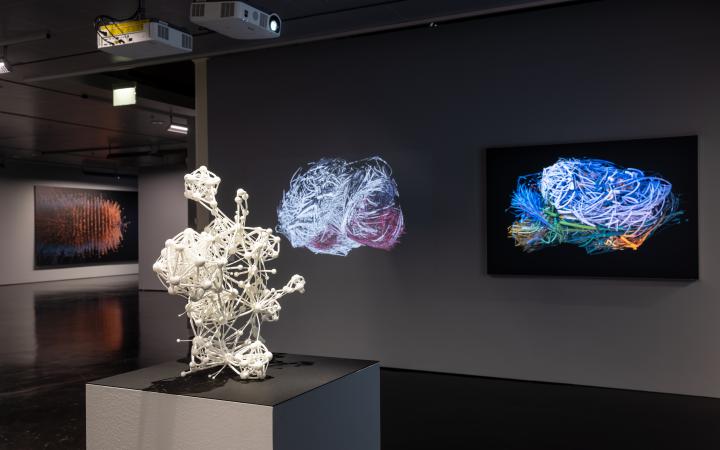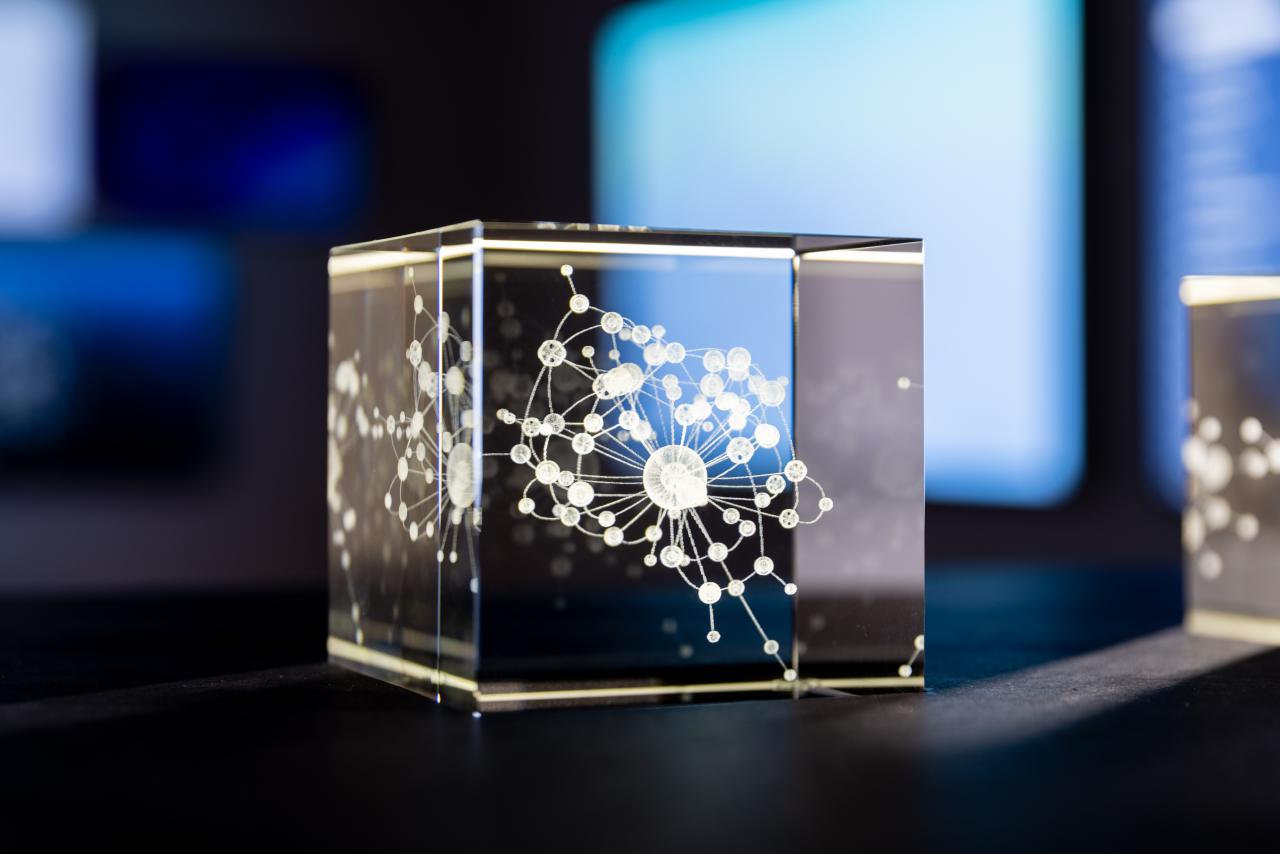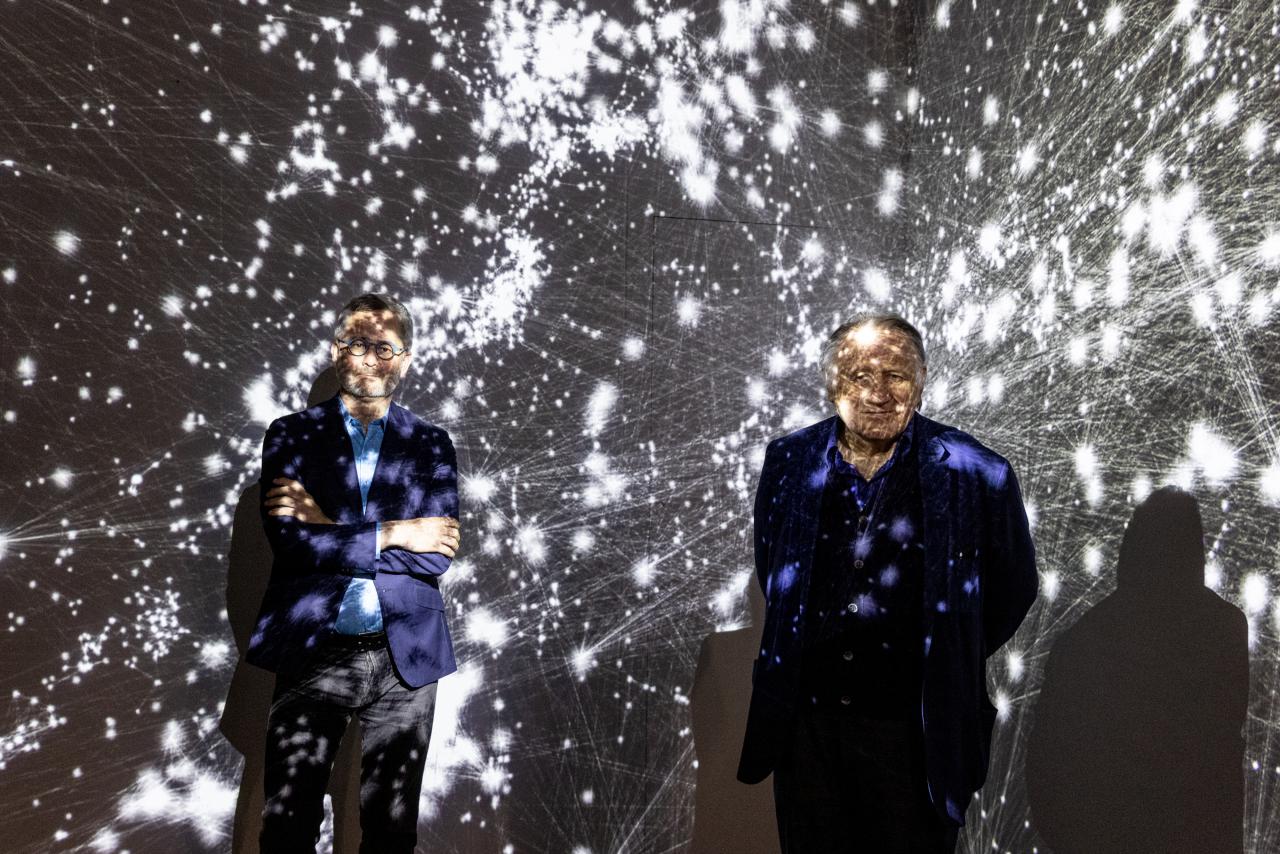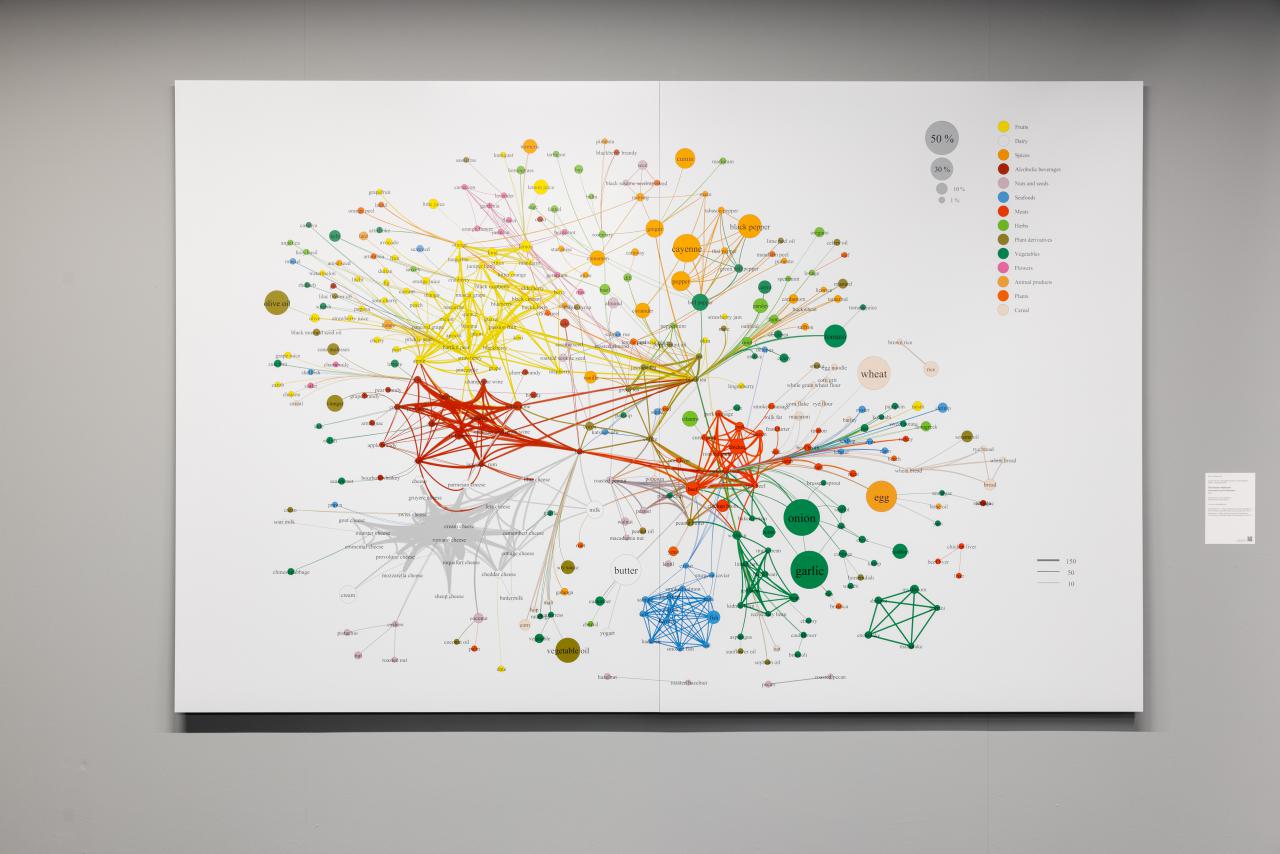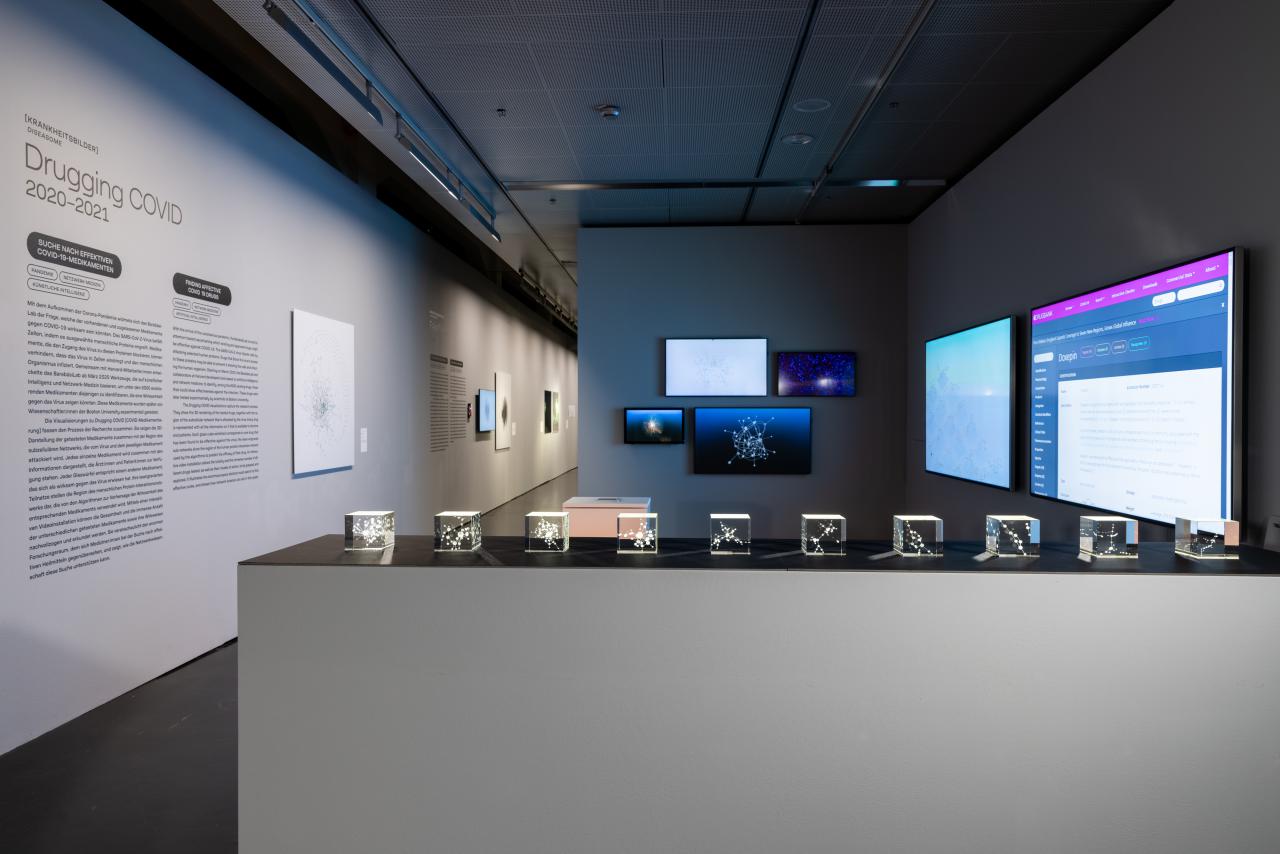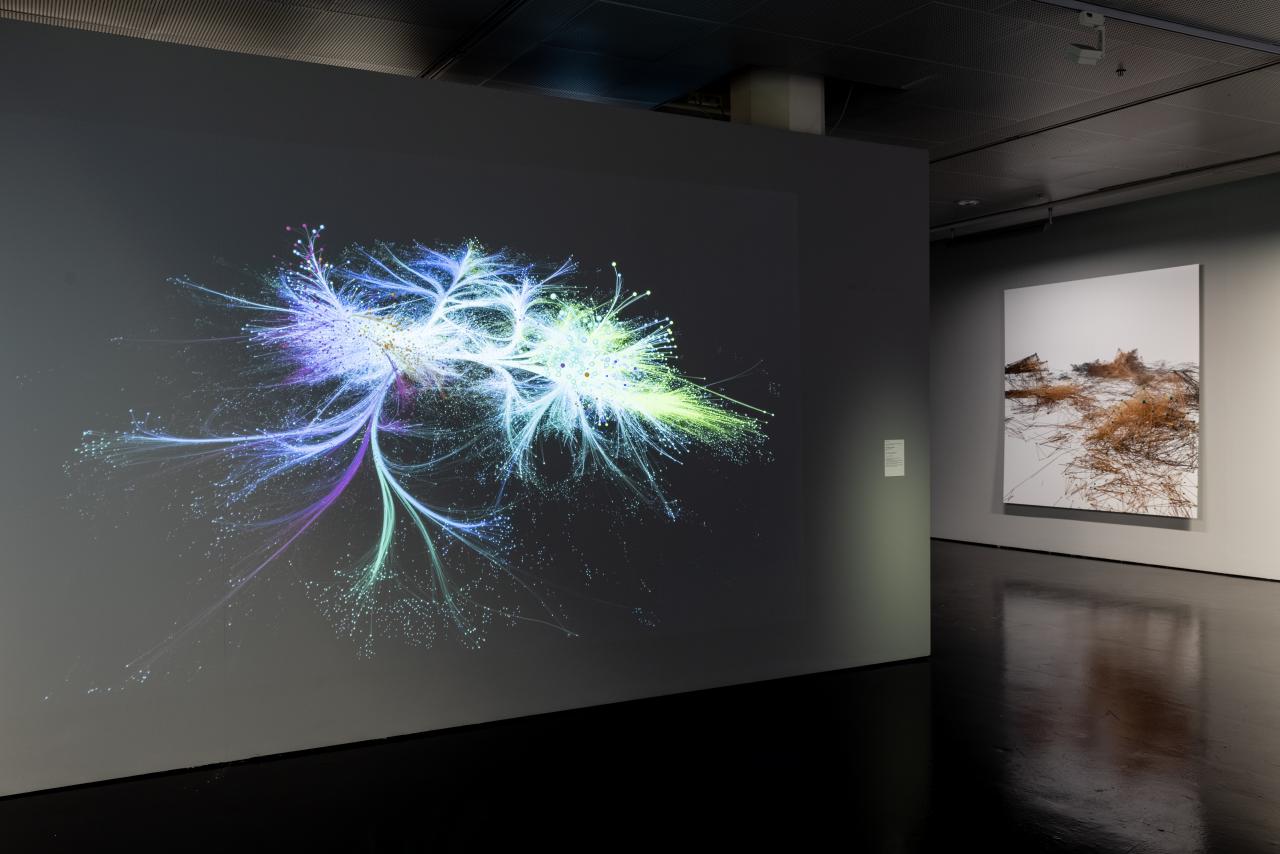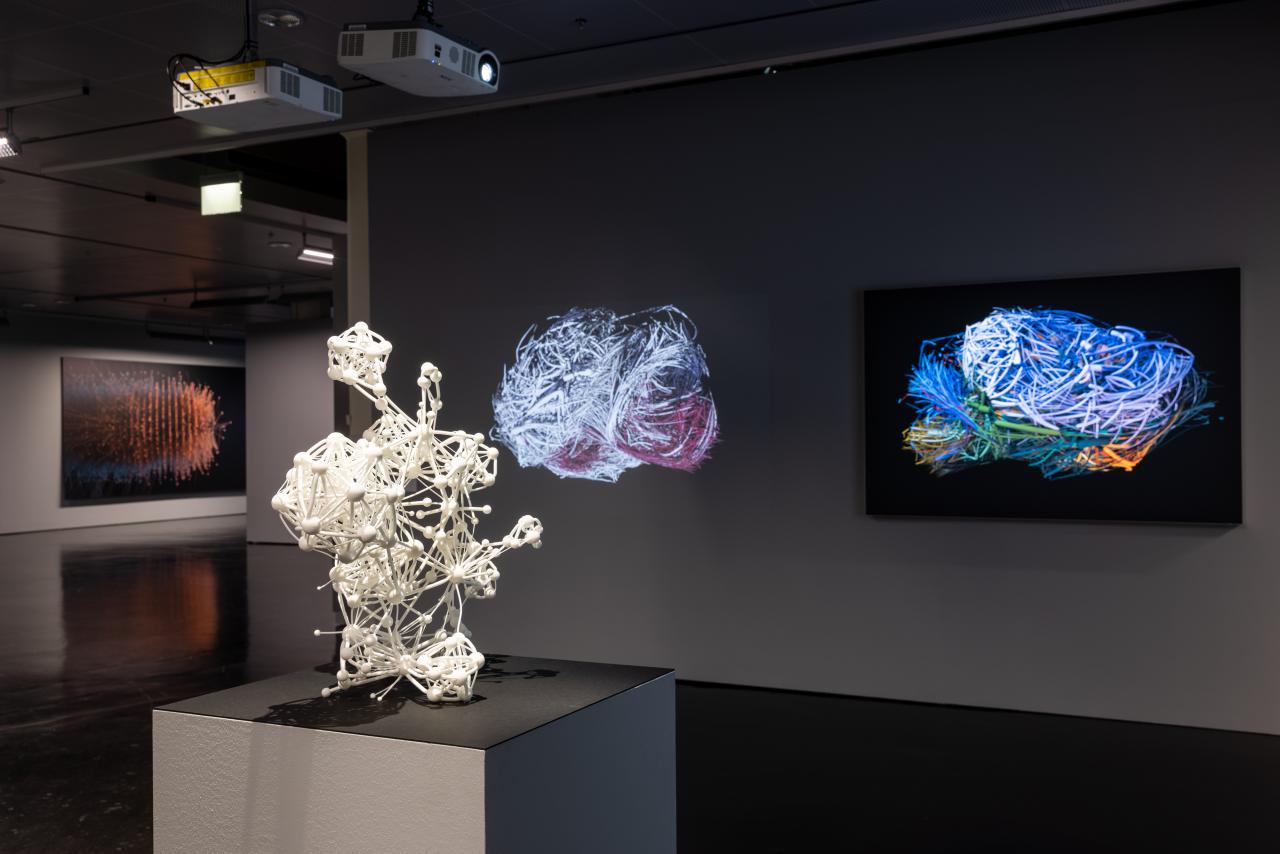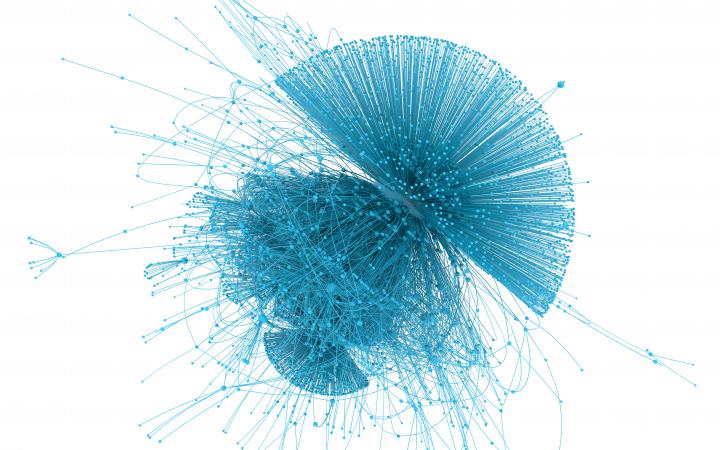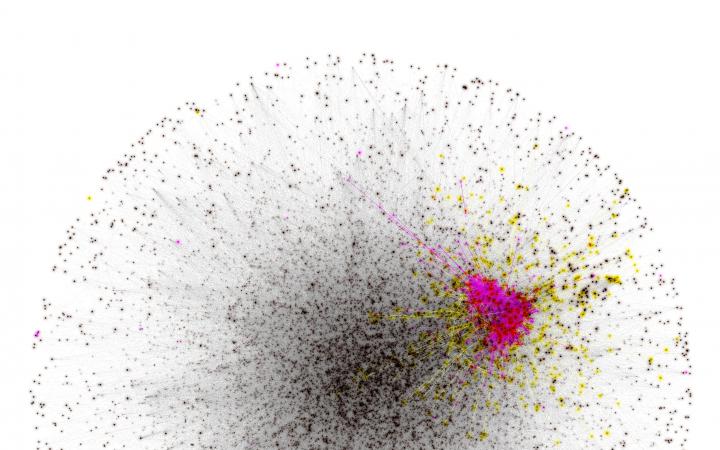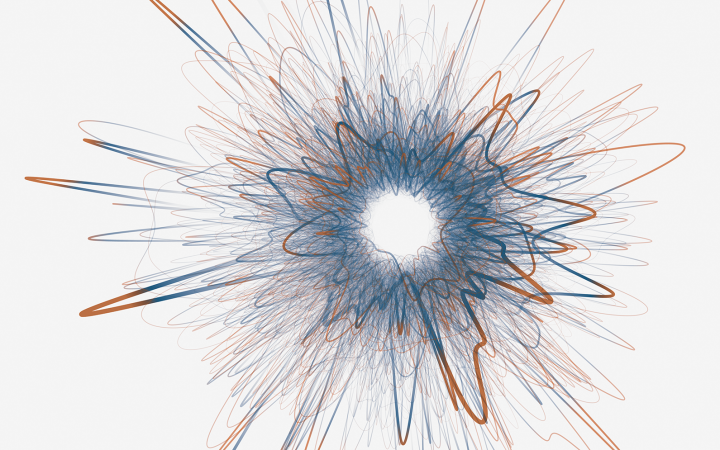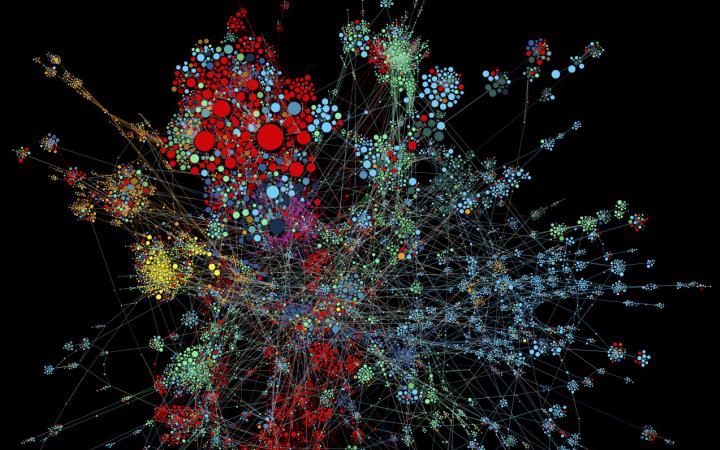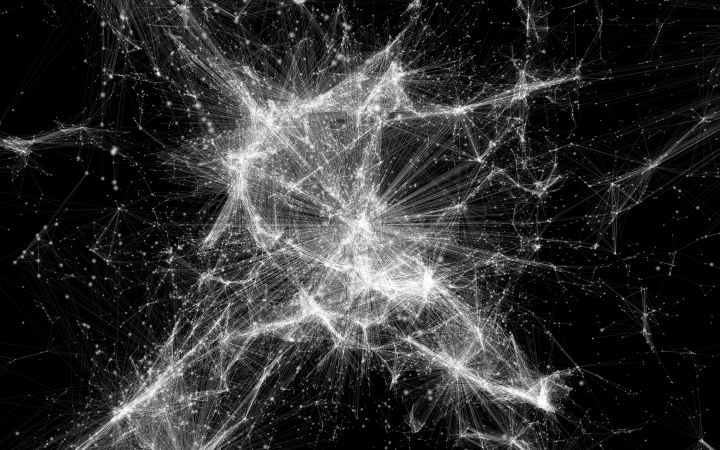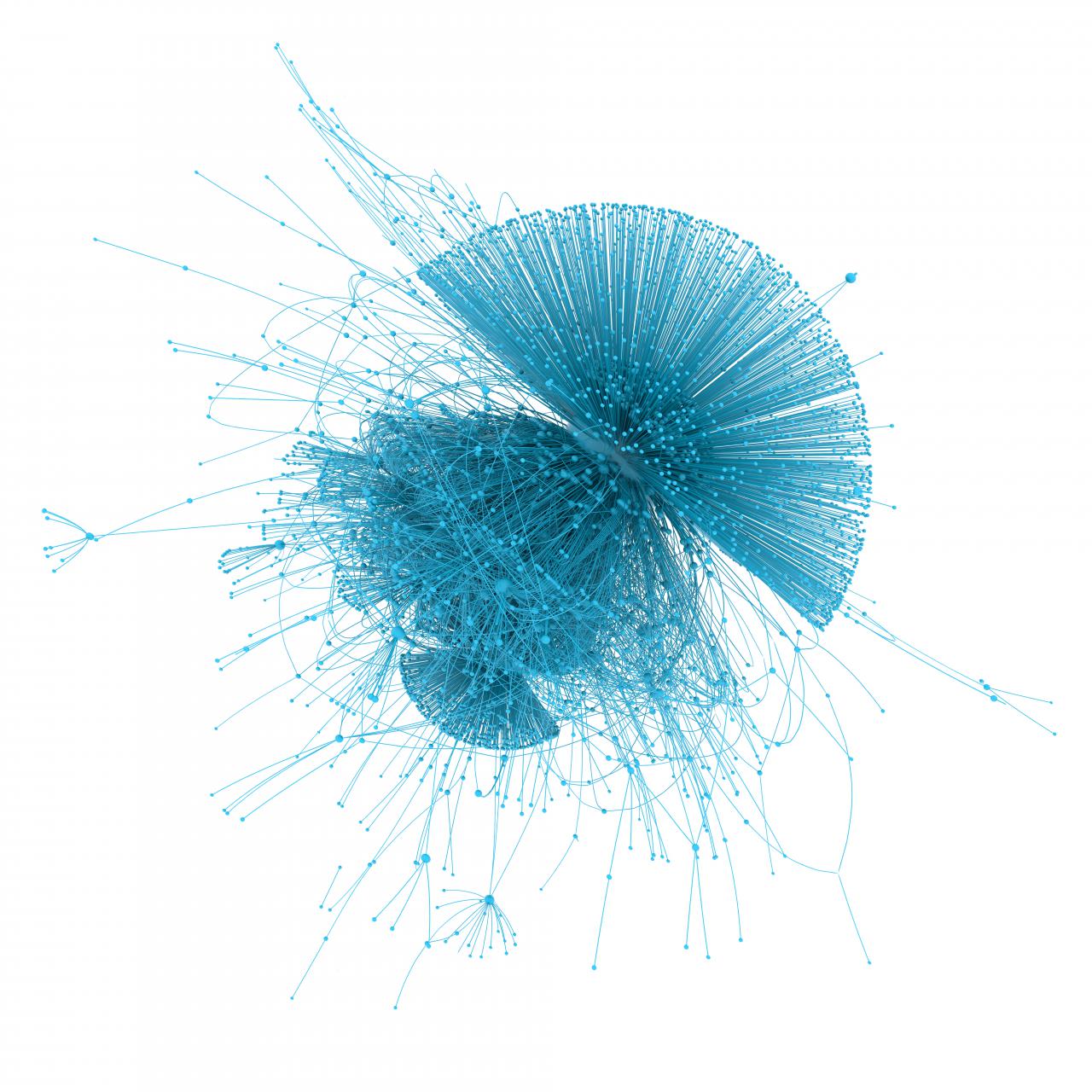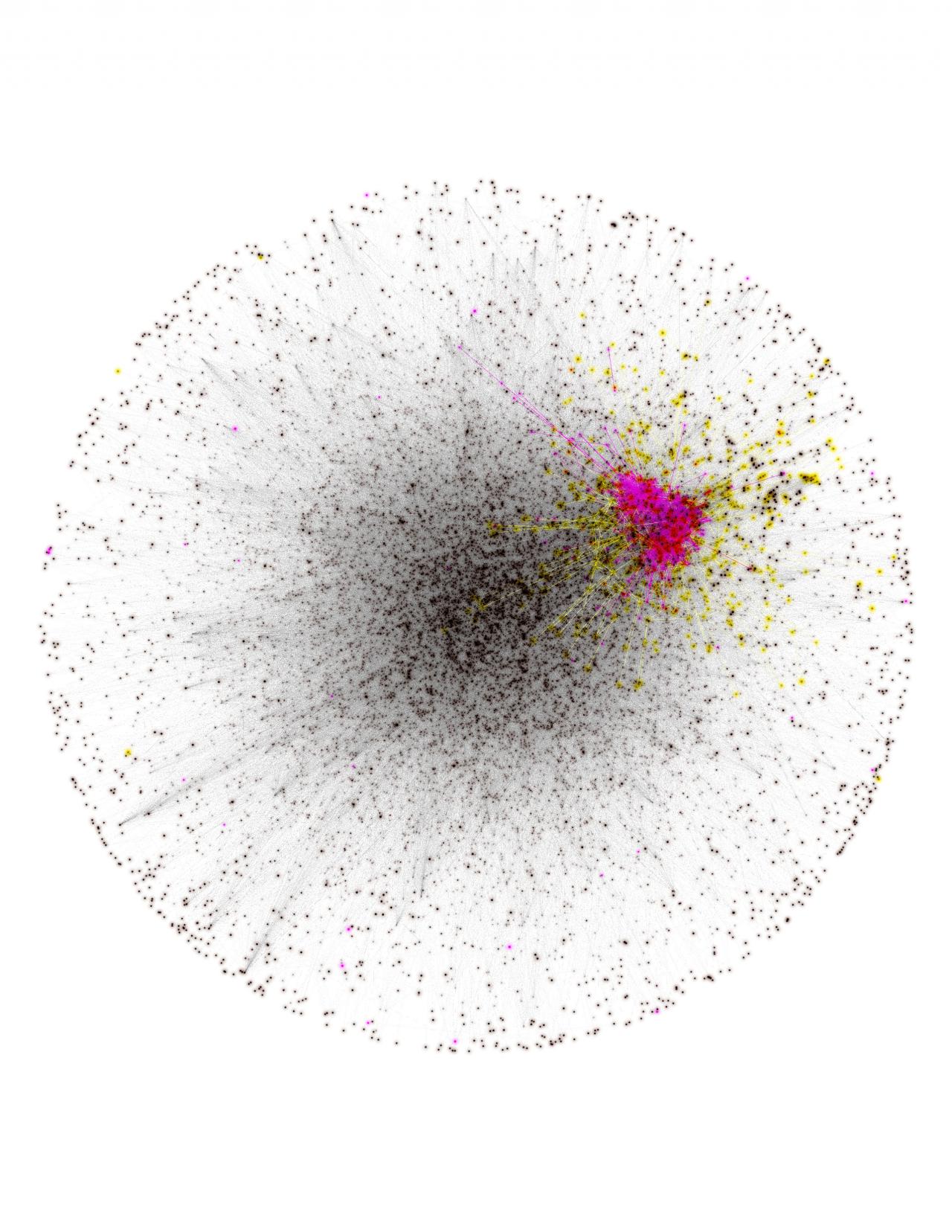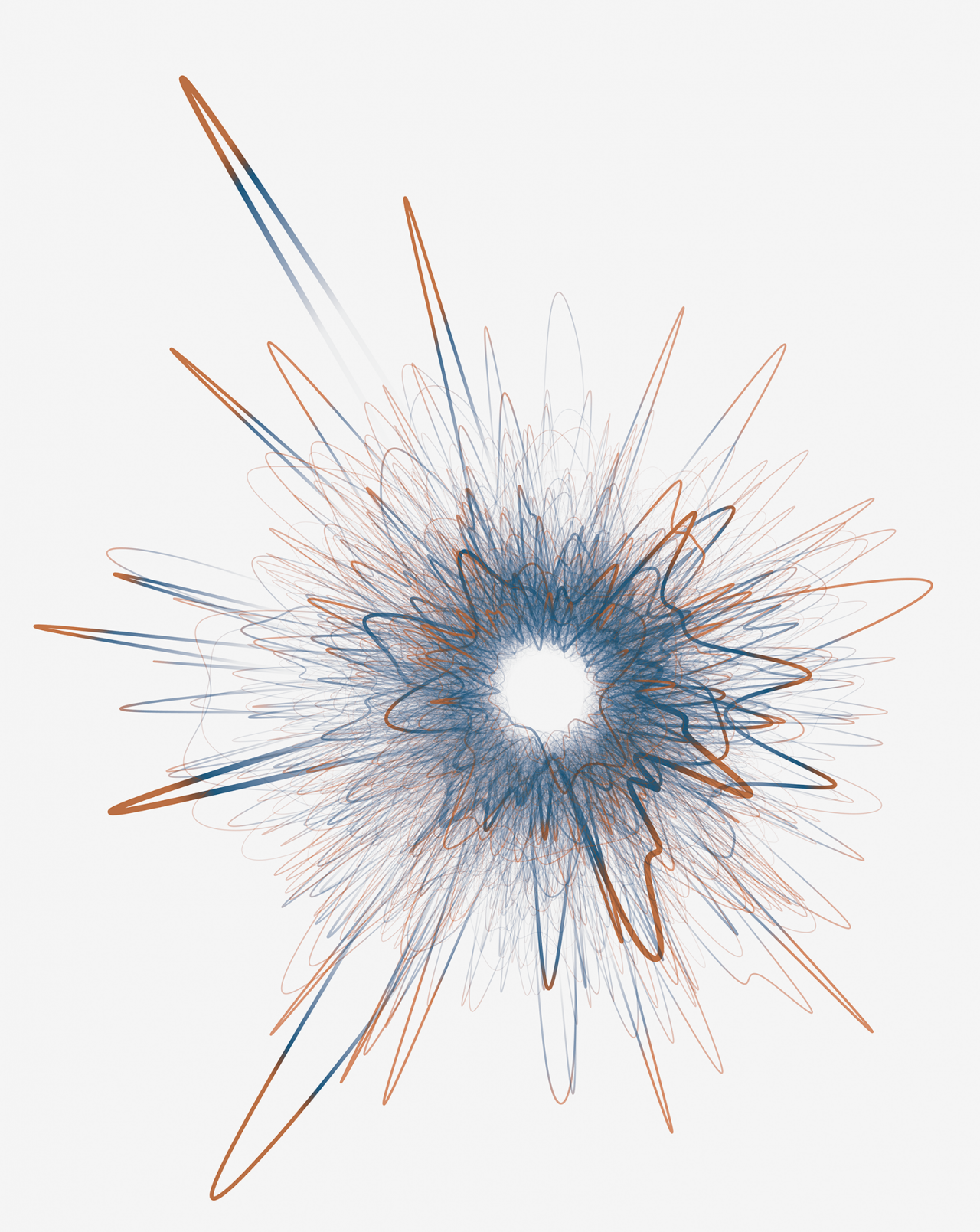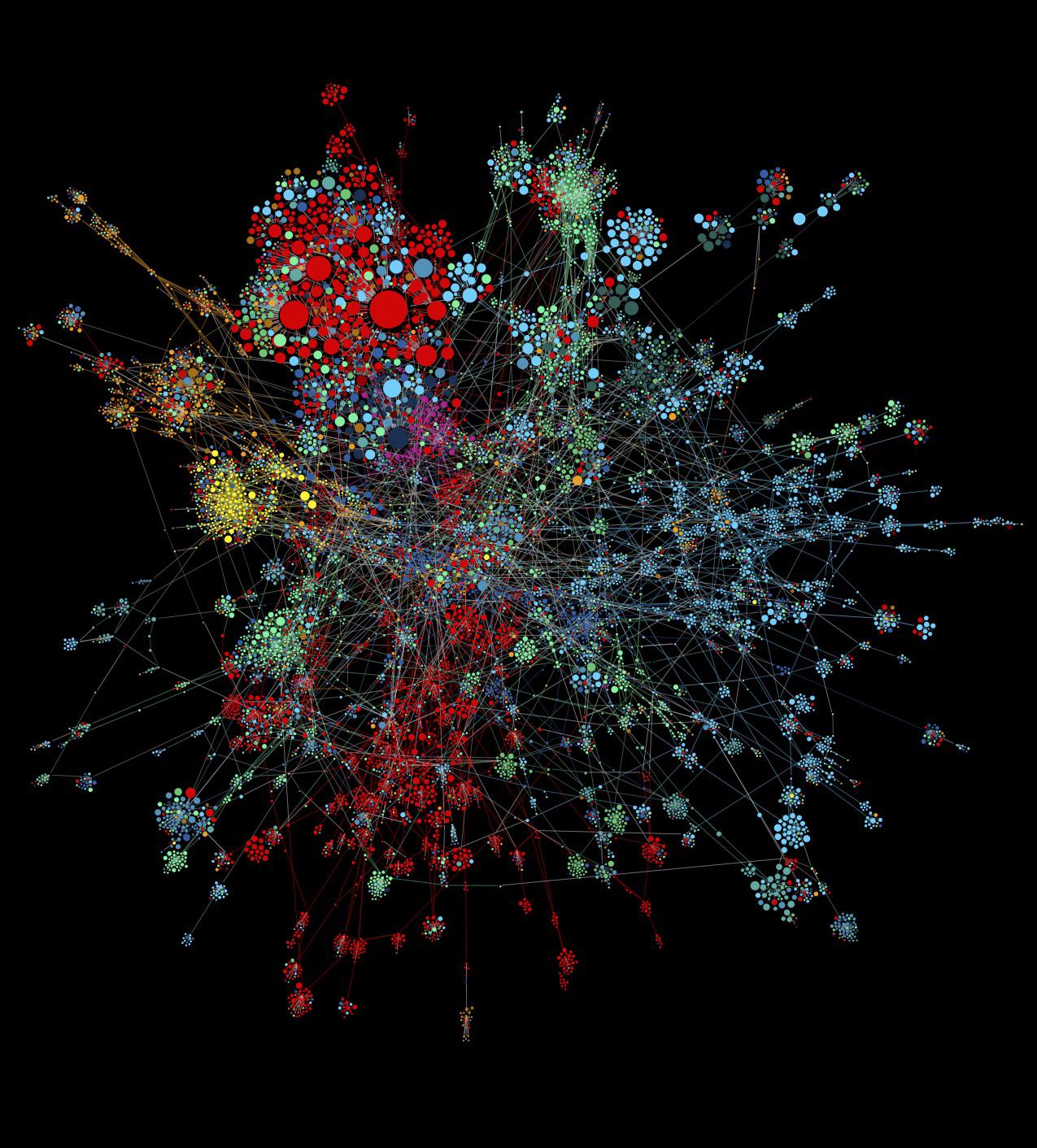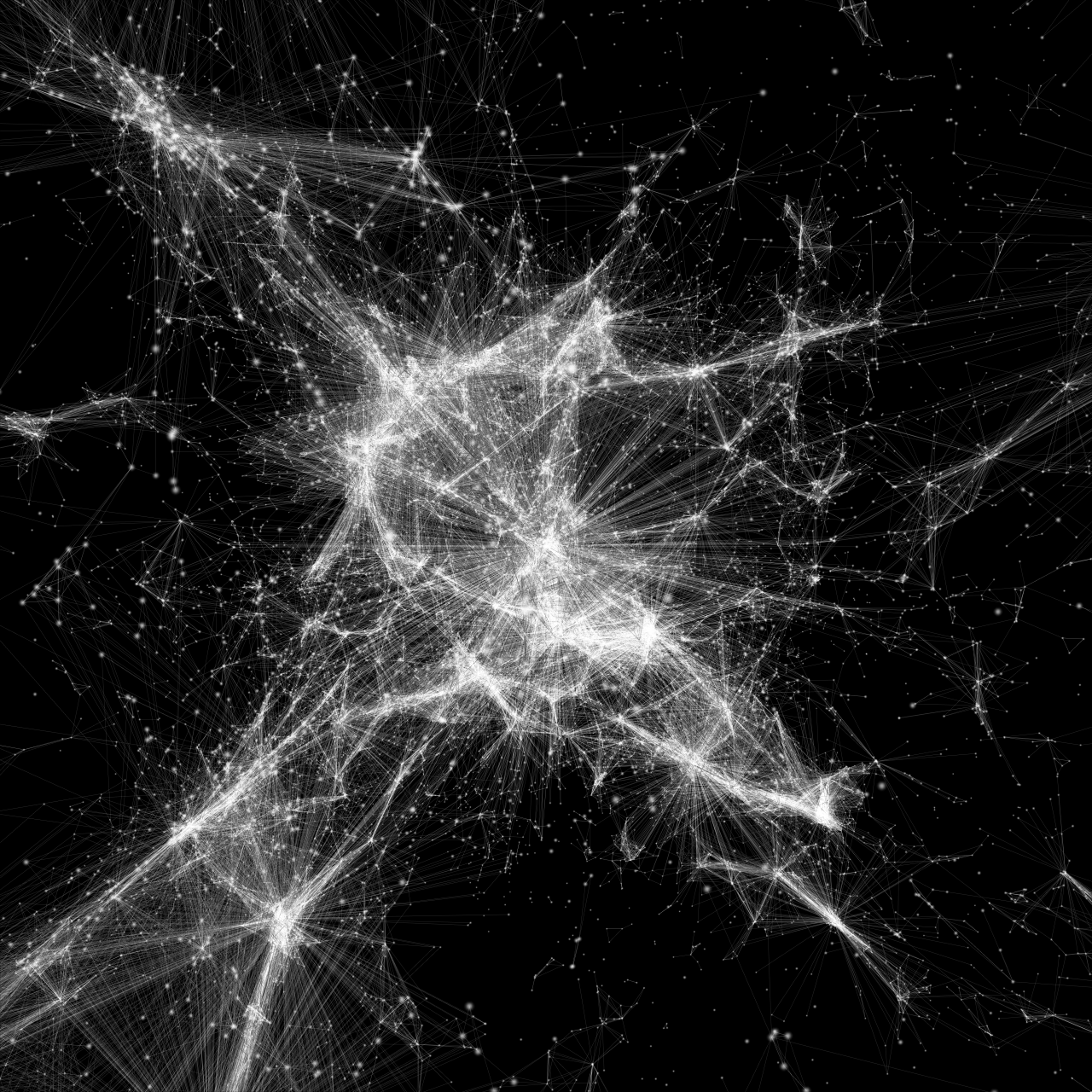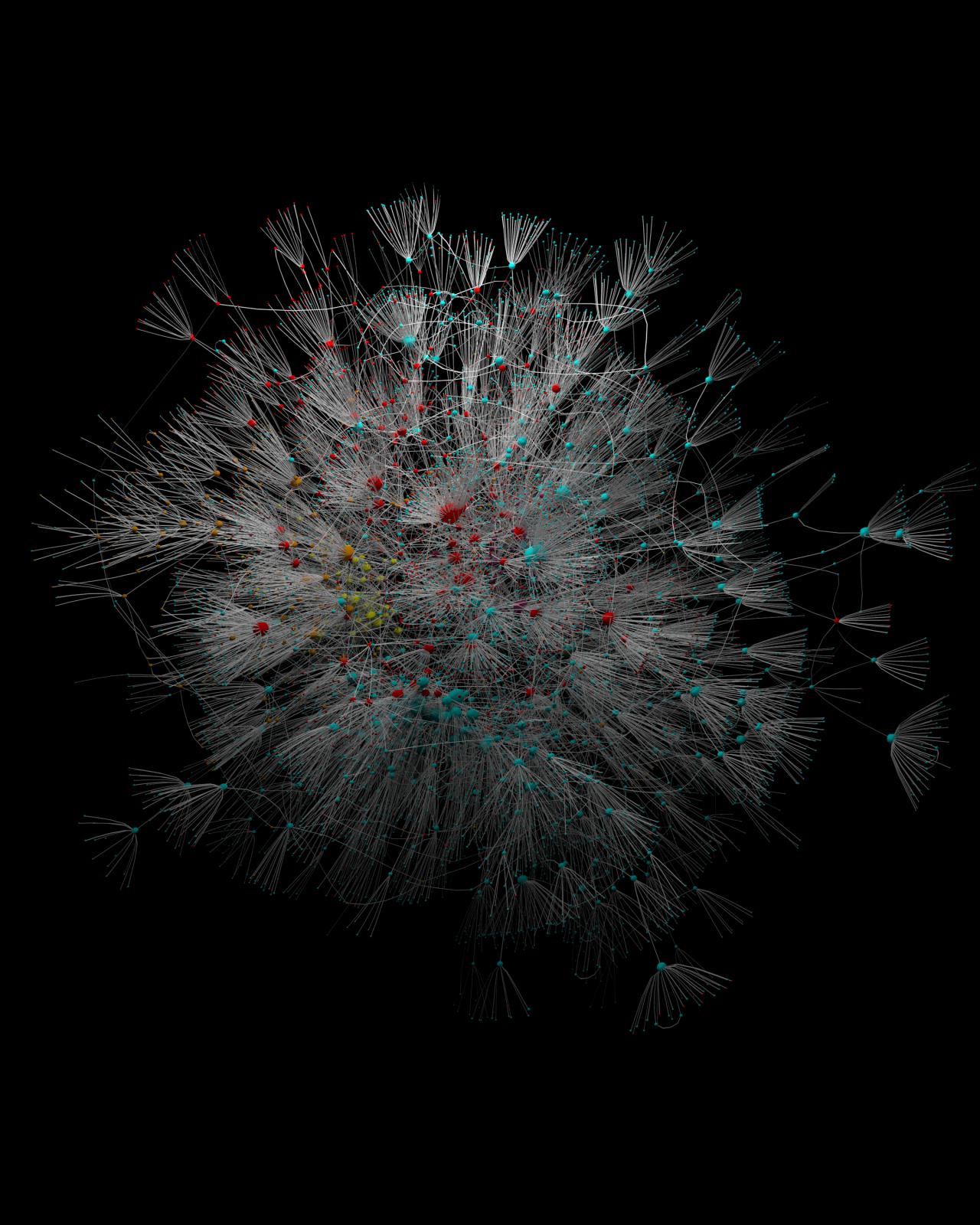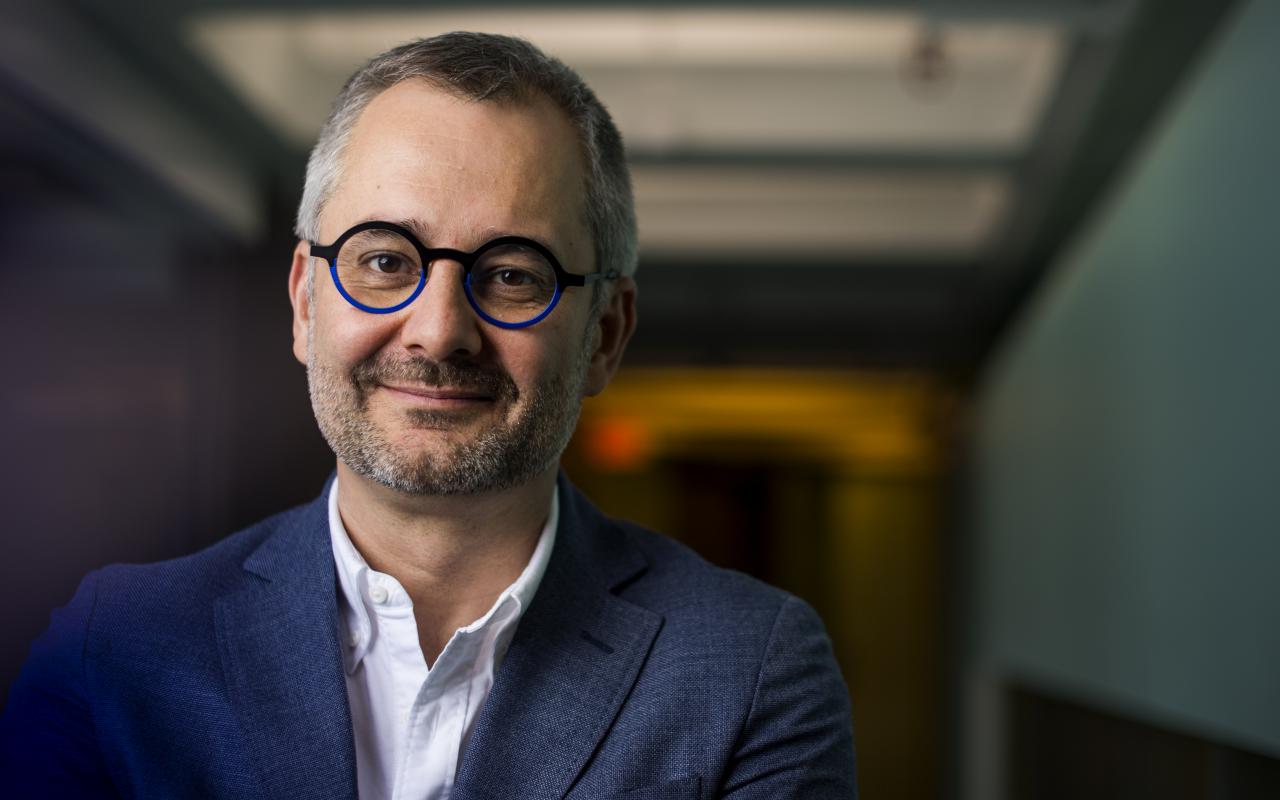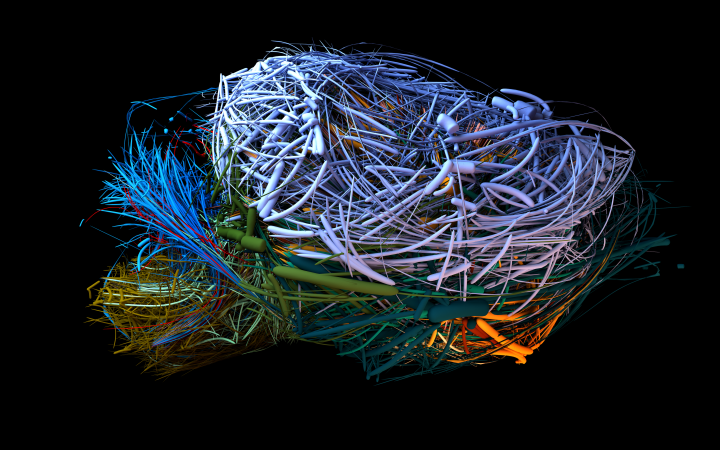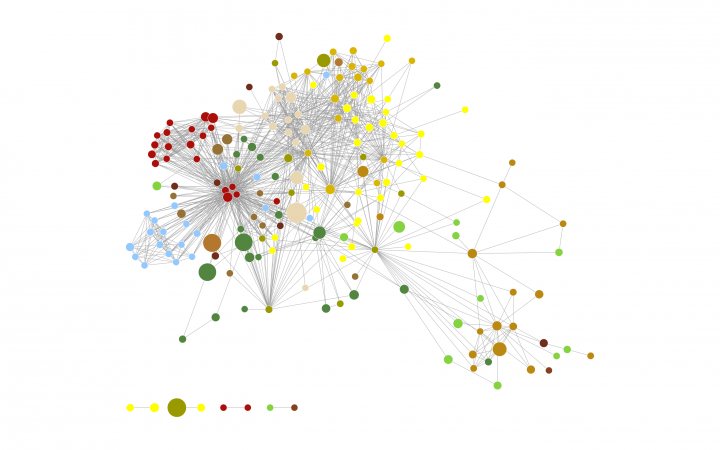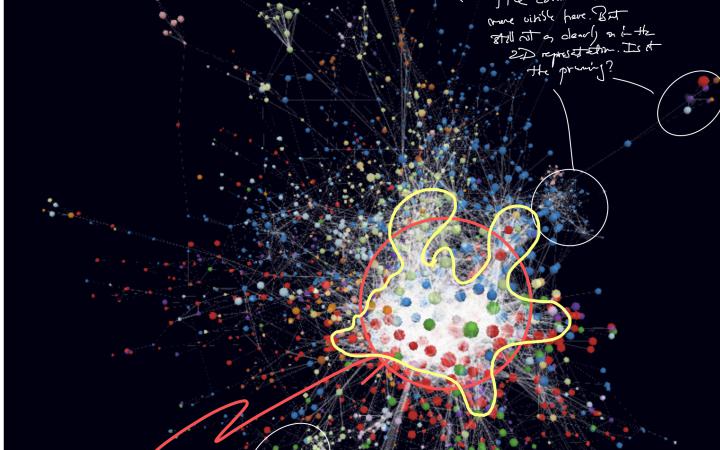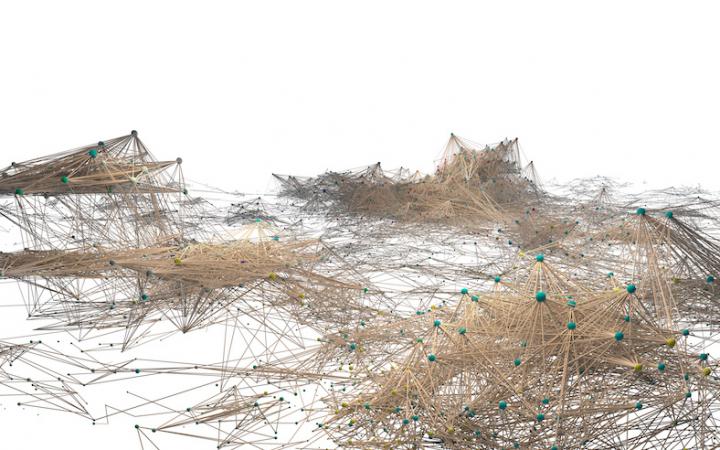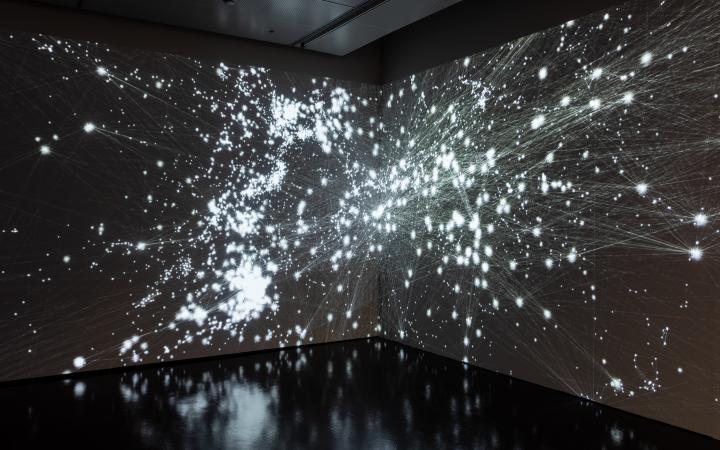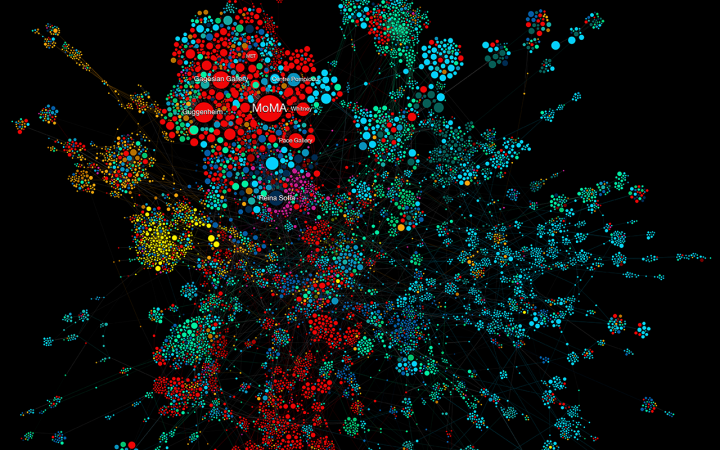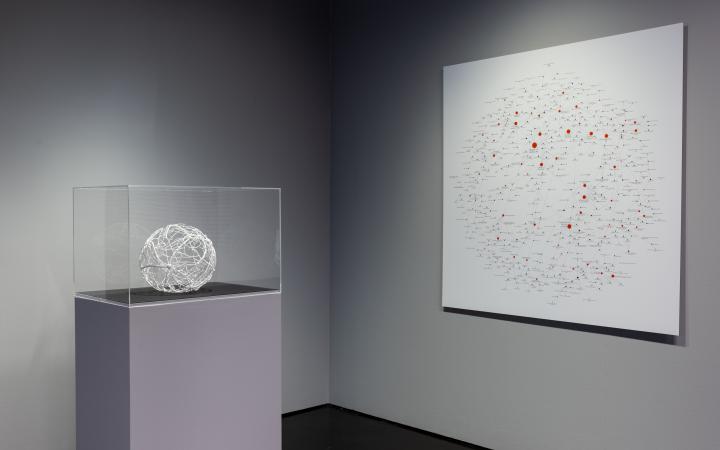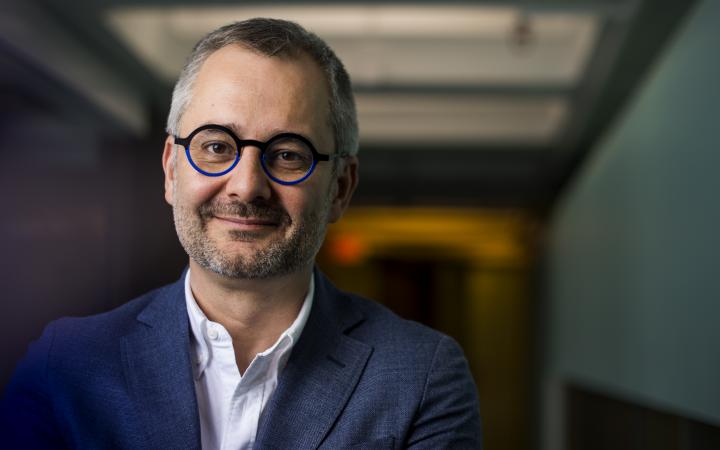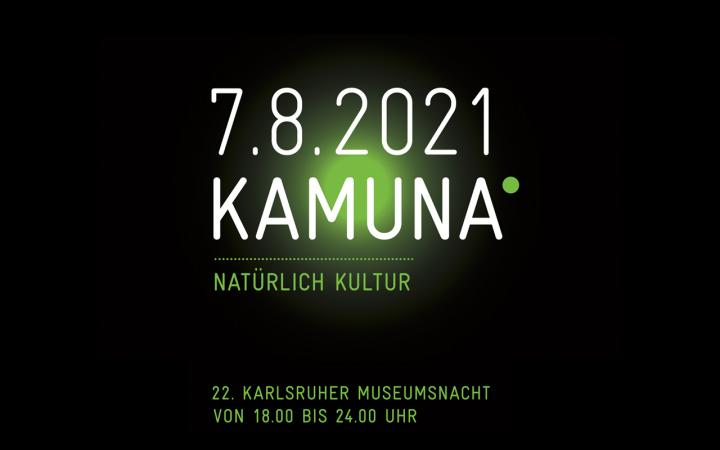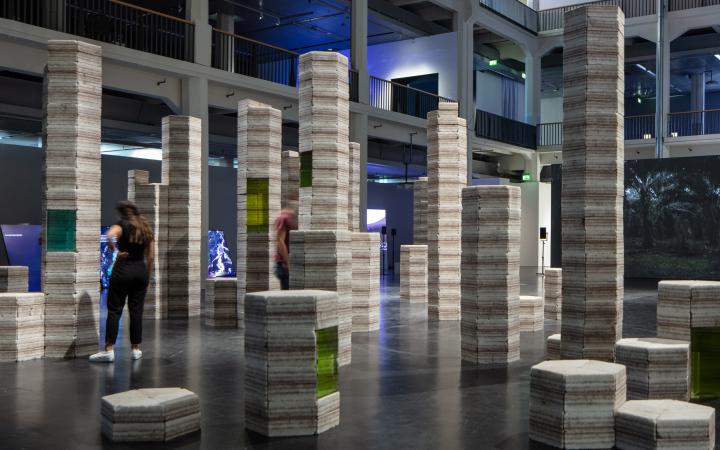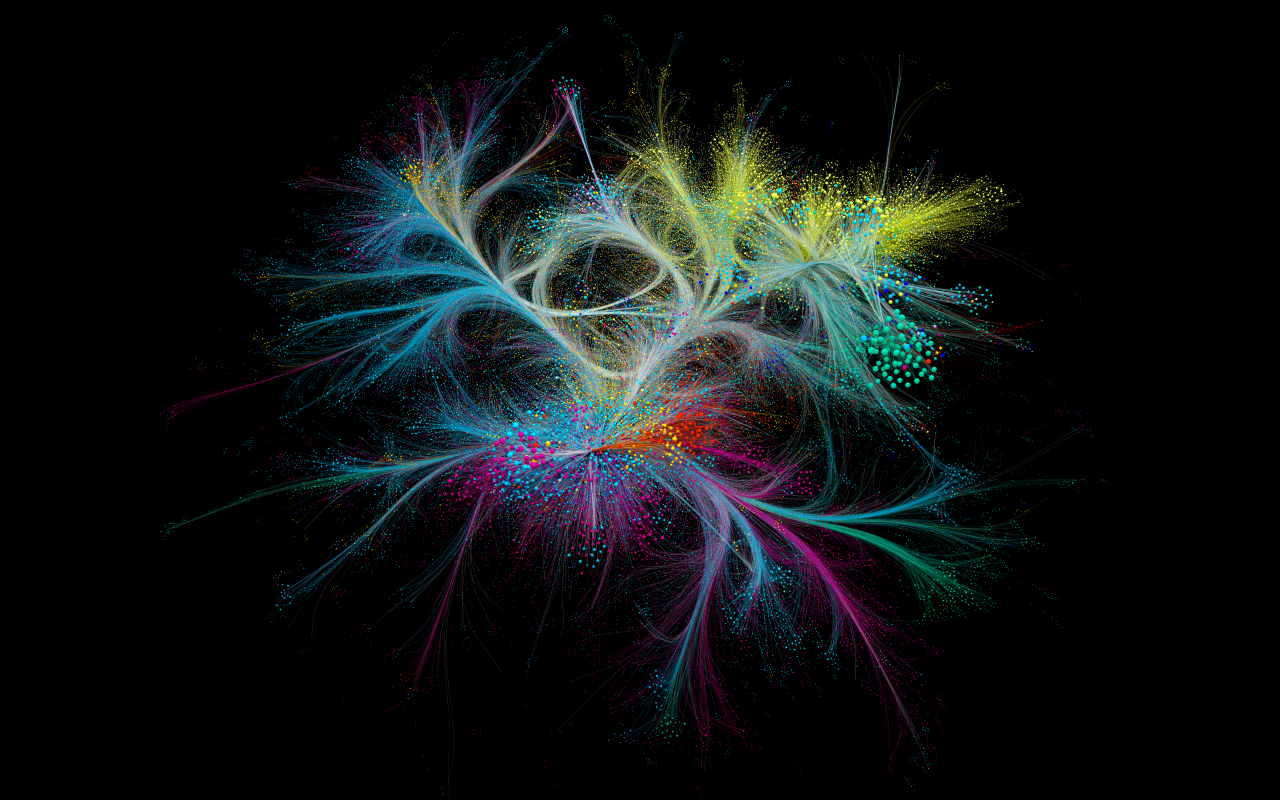
The exhibition »BarabásiLab. Hidden Patterns« introduces the work of the physicist and network scientist Albert-László Barabási and his research laboratory. The focus of the exhibition is the development of network visualization over the past 25 years, which can be seen in the projects of BarabásiLab.
Intro | video commentary by Albert-László Barabási
The world today produces more data per day than previously generated in a decade. The world's knowledge doubles every two years. To cope with this amount of data, a new science is needed: the visualization of characteristic nodes and networks, of parameters and patterns.
The innovative and interdisciplinary field of network science enables the analysis of various cultural and social phenomena. Invisible, hidden connections and constantly repeating patterns within nature, society, language, and culture can not only be explored but also made visible. Barabási's network approach promises to deliver a comprehensive, universal method that will illuminate many phenomena with scientific precision.
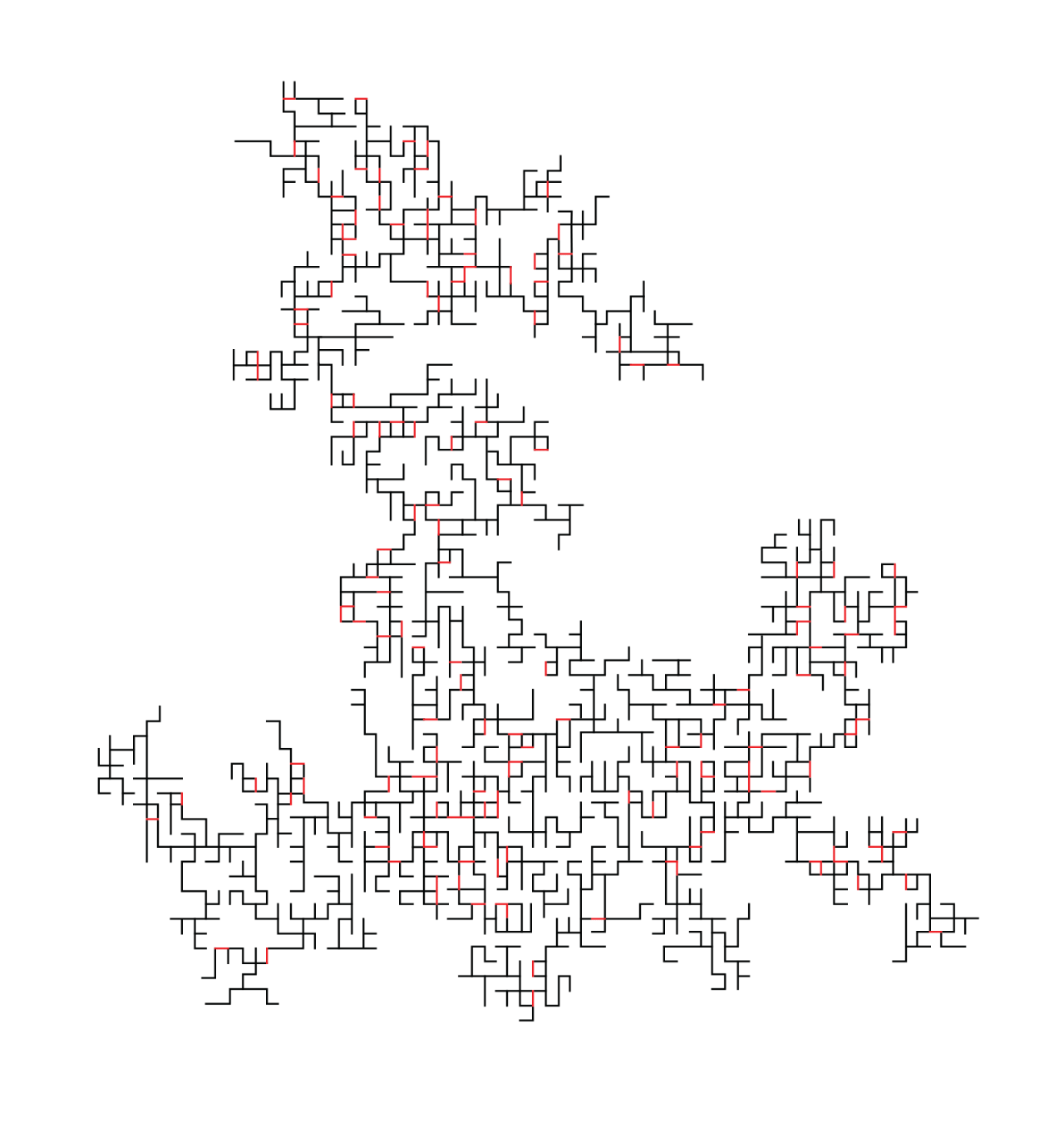
Visitors to the exhibition are offered a comprehensive overview of the highly topical fields of application of network science. The network diagrams and structures are visualized in a variety of ways and use state-of-the-art technology. The exhibits, at once scientific and highly aesthetic, range from prints and sketches to videos, and include real as well as virtual data sculptures.
The »BarabásiLab. Hidden Patterns« exhibition is a collaboration with the Ludwig Museum, Budapest, where it will be on show from October 10, 2020 to June 20, 2021.
About the artist
Albert-László Barabási (*1967, Cârța, Harghita, Romania) originally studied sculpture, before changing to the study of physics at the universities of Bucharest and Budapest. He gained his PhD from Boston University. Barabási developed the theory of complex networks in the USA, at Northeastern University. He currently works at the Dana-Farber Cancer Institute at Harvard University and teaches at the Central European University in Budapest. He lives and works in the USA and Budapest.
Guided tour through the exhibition
MOME augmented reality application
Especially for the work »Flavor Network as a 3D Data Sculpture«, the Moholy-Nagy University of Arts and Design (MOME) Budapest has developed an augmented reality (AR) application to make the hidden patterns behind the network sculpture even more tangible!
With the opening of the exhibition, it will be available for use on tablets on site.
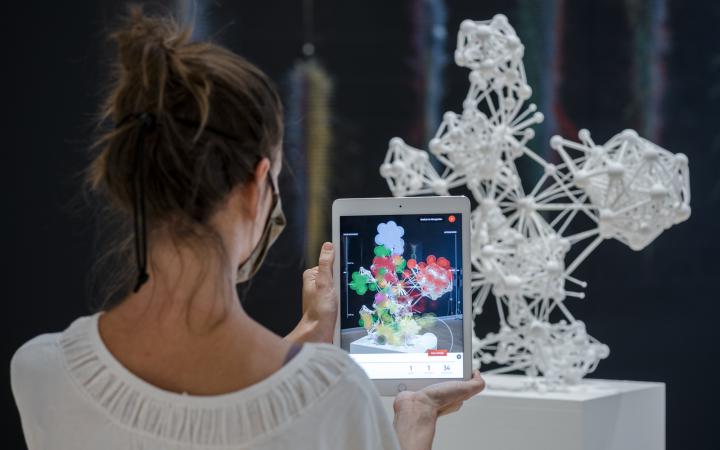
Accompanying Program
Panel Discussions
| September 2, 2021 | Epidemic Spreading
Vittoria Colizza (INSERM / Sorbonne) Dirk Brockmann (RKI / Humboldt-Universität) Marta C. González (Epidemiologist Harvard School) Albert-László Barabási (Physicist, network scientist) | |
| October 7, 2021 | Biological Networks
György Buzsaki (Biggs Professor of Neuroscience at New York University, founder Buzsaki Lab) Korinna Allhoff (Assistant Professor Institute of Evolution and Ecology University of Tübingen) Alice Schwarze (Post-doctoral researcher at the Department of Biology at the University of Washington) Albert-László Barabási (Physicist, network scientist) | |
| November 4, 2021 | Data Reflection & Design
Kim Albrecht (artist) Matthew Richie (artist) Wendy Chun (Canada 150 Research Chair in New Media, Simon Fraser University) Albert-László Barabási (Physicist, network scientist) | |
| December 2, 2021 | Art Networks
Mitali Banerjee (Assistant Professor, HEC Paris) Albert-László Barabási (Physicist, network scientist) Viola Lukács (Curator, writer) Maximilian Schich (Leader of ERA Chair for Cultural Data Analytics at Tallinn University / University of Texas) | |
| January 6, 2022 (as part of the ZKM Open Day) | Communication Networks & Deepfakes
Martino Mauro (founder of Visual Artificial Intelligence Lab, MIT-IBM Research) Carlo Ratti (architect, engineer and professor at MIT) Heidi J. S. Tworek (Associate Professor of History and Public Policy; new book: »News From Germany« |
Further participants will be announced here soon.
Book presentation
February 24, 2022 | The end of medicine as we know it – and why your health has a futureHarald Schmidt, MDm phD, PharmD (physician scientist) |
Digital Opening: BarabásiLab. Hidden Patterns
Live discussion with Albert-László Barabási, Alice Grishchenko, Isabel Meirelles and Peter Weibel about »Network-Thinking«
- Exhibitions team
Kuratiert von | curated by: Peter Weibel mit | with Clara Runge
Projektmanagement | Project management: Teresa Retzer, Clara Runge
Technische Projektleitung | Technical project management: Anne Däuper
Grafikdesign | Graphic design: Sascha Fronczek
Accompanying program
-
- Sun, March 27, 20223 pm
- Guided Tour with Albert-László Barabási
-
Guided Tour
ZKM | Zentrum für Kunst und Medien
-
- Tue, March 15, 20226 pm
- Digital Guided Tour through »BarabásiLab. Hidden Patterns«
-
Guided Tour
Online
-
- Fri, March 04, 20224 pm
- Transgressions – Church at the ZKM
-
Guided Tour
Online
-
- Thu, February 24, 20227 pm
- The end of medicine as we know it – and why your health has a future
-
Online
-
- Tue, February 15, 20226 pm
- Digital Guided Tour through »BarabásiLab. Hidden Patterns«
-
Guided Tour
Online
-
- Tue, January 18, 20226 pm
- Digital Guided Tour through »BarabásiLab. Hidden Patterns«
-
Guided Tour
Online
-
- Tue, December 21, 20216 pm
- Digital Guided Tour through »BarabásiLab. Hidden Patterns«
-
Guided Tour
Online
-
- Thu, December 02, 20217 pm
- Art Networks
-
Talk
Online
-
- Thu, November 25, 20217 pm
- Digital Guided Tour through »BarabásiLab. Hidden Patterns«
-
Guided Tour
Online
-
- Thu, November 04, 20217 pm
- Data Reflection & Design
-
Talk
Online
-
- Thu, October 07, 20217 pm
- Biological Networks
-
Talk
Online
-
- Fri, September 03, 20214 pm
- Transgressions – Church at the ZKM
-
Guided Tour
Lichthof 1+2, 1.OG
-
- Thu, September 02, 20217 pm
- Epidemic Spreading
-
Talk
Online
-
- Fri, July 23, 20213 pm
- Guided Tour with Albert-László Barabási
-
Guided Tour
ZKM | Zentrum für Kunst und Medien
-
- Tue, July 13, 20217 pm
- Digital Guided Tour with Albert-László Barabási
-
Guided Tour
Online
-
- Tue, June 15, 20217 pm
- Digital Guided Tour
-
Guided Tour
Online
-
- Fri, April 30, 20216 pm
- Digital Opening: BarabásiLab. Hidden Patterns
-
Opening
Online
-
- Thu, April 08, 20217 pm
- Hidden Patterns: A Conversation About Networks and Arts
-
Online
